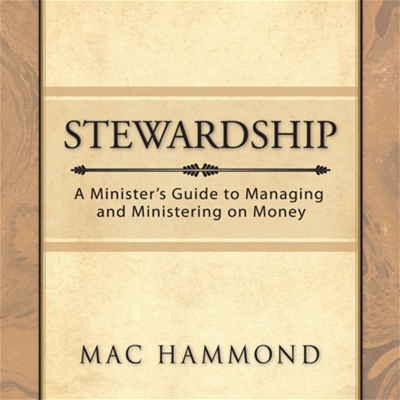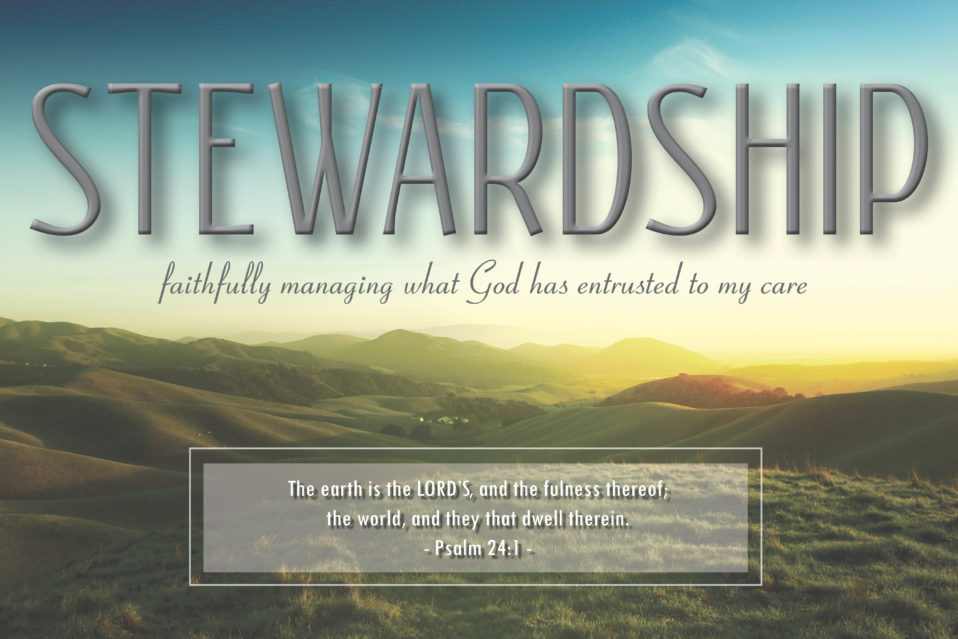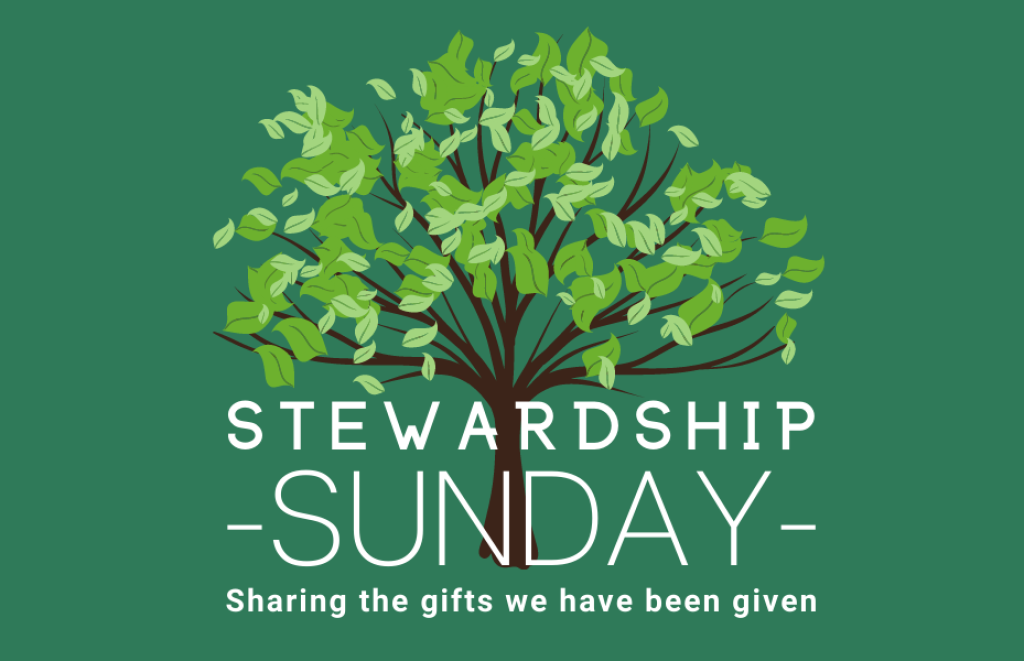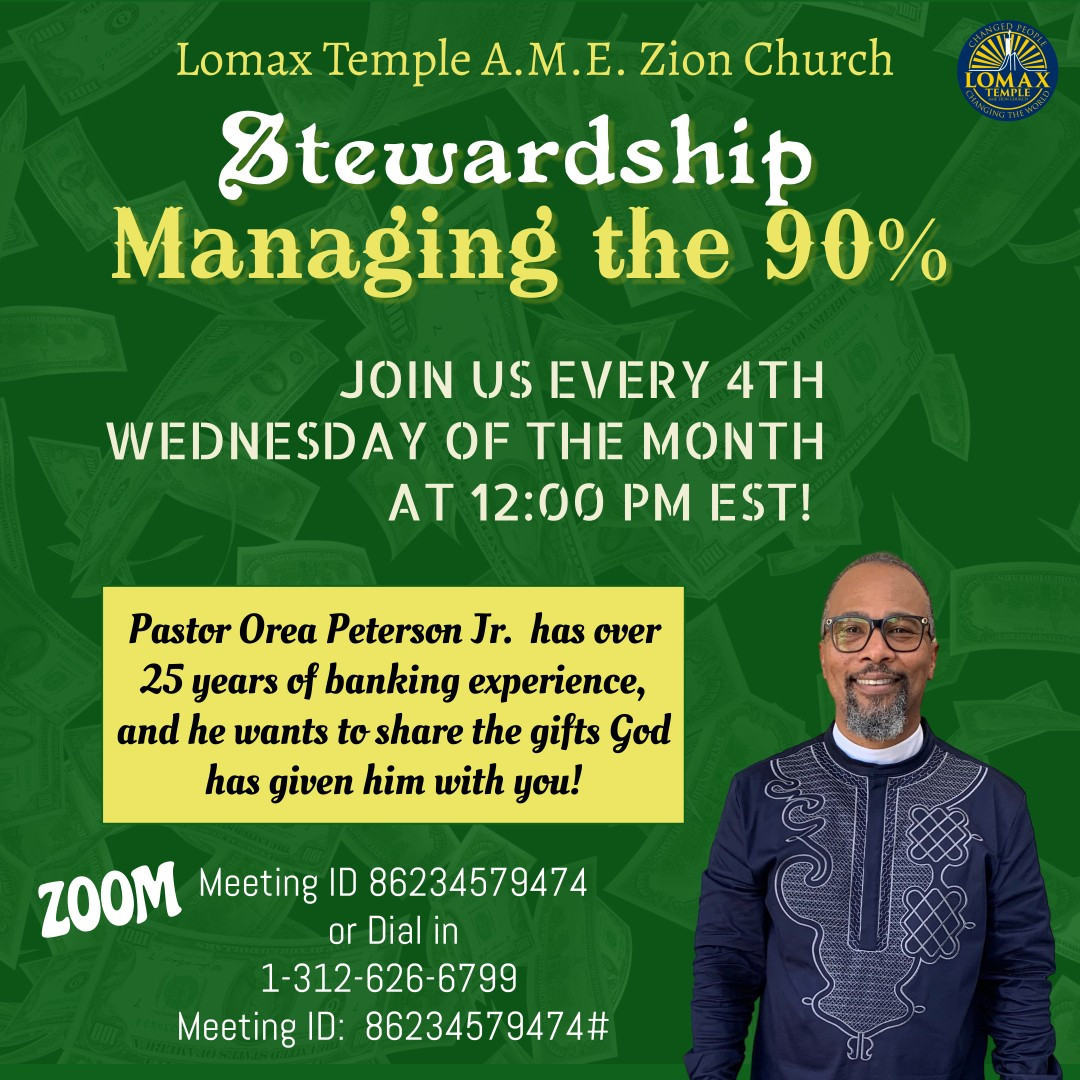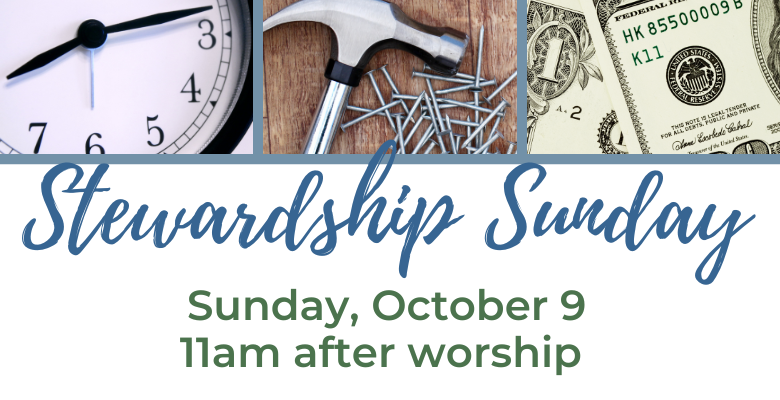
Excessive Taxes: A Sermon on Stewardship and RighteousnessExcessive Taxes: A Sermon on Stewardship and Righteousness Intro: Today, we explore a topic of great relevance to our daily lives: the balance between our responsibilities to our community and the wise management of our personal and family needs. Scripture guides us on the issue of stewardship and righteousness. Biblical Foundation: Proverbs 22:7 warns against excessive control of one entity over another’s resources. When the government (the king’s men) imposes unreasonable taxes, they tread dangerously close to theft and oppression. The Role of Government: The role of government is to protect the people, ensure justice, and promote the common good. However, this authority has limits and should not create economic slavery. Evils of Excessive Taxes: When taxes exceed 50% of income, it becomes a moral issue. It infringes on our ability to provide for ourselves and our families, creating a form of economic slavery. Prioritizing Personal and Family Needs: 1 Timothy 5:8 emphasizes the obligation to provide for our families. The government should not demand taxes before we meet these essential needs. Our first responsibility is to ensure their well-being. Hypocrisy of Excessive Taxes: It is hypocritical for the government to demand more than it claims to require while expecting us to live on less. This is akin to binding heavy burdens on others while refusing to bear them themselves. When Taxes Become Theft: Taxes become theft when they exceed the legitimate needs of government and prevent individuals from fulfilling their primary obligations. This undermines the principles of justice and mercy. Conclusion: As Christians, we are called to advocate for justice. When taxes become excessive, it is our duty to speak out. We must strive for a system where taxes are fair, government does not overreach, and individuals can manage their resources responsibly. May we navigate these issues with wisdom, courage, and discernment, seeking a society that values justice, equity, and dignity for all.

(TheChurchOfCannada.com) Brothers and sisters, today we come together to reflect on the balance between our obligations to our community and the just stewardship of our personal and family needs. Our Lord calls us to live justly, love mercy, and walk humbly with our God. Yet there comes a point where the demands placed on us by those in authority can distract us from the path of righteousness. When the king’s men, our government, impose taxes beyond what is just and reasonable, they come dangerously close to theft and oppression.
Biblical foundation:
The Bible gives us clear guidance on the issue of stewardship and righteousness. Proverbs 22:7 says, “The rich rule over the poor, and the borrower is a slave to the lender.” This text highlights the inherent danger that arises when one entity gains too much control over another entity’s resources. When the government demands more than its fair share, it imposes a burden that is too heavy for the people to bear.
The role of the government:
The role of the government, or the king’s men, is to protect and serve the people, and to ensure justice and the common good. Romans 13:1-7 speaks of the need for government and our obligation to submit to it. However, this entry is not without limits. The role of government is not to create slaves, but to enable people. It aims to provide a structure in which the citizens can flourish, and not to deprive them of their means of livelihood.
The Evils of Excessive Taxes:
If taxes exceed 50% of a person’s income, it is not merely a financial burden; it is a moral issue. It is an act of taking more than what is rightfully owed, thereby infringing on the individual’s ability to provide for himself and his family. This is not only an economic issue, but also a profound ethical issue. When the government takes more than half of what we earn, expecting us to live on less than what they claim, they are essentially making us their servants. This level of taxation is a form of economic slavery.
Meeting personal and family needs first:
1 Timothy 5:8 tells us, “But if anyone does not provide for his relatives, and especially for those of his household, he has denied the faith and is worse than an unbeliever.” We have a divine mandate to ensure the well-being of our families. It is wrong for the king’s men to demand taxes before we have met the essential needs of those in our care. Our first responsibility is to our families: ensuring they have food, shelter and the means to live a life of dignity.
Hypocrisy of Excessive Taxes:
It is hypocritical for the government to demand more than 50% of our income and claim that this is insufficient for their needs, while still expecting us to live on the smaller share. Jesus rebuked the Pharisees for their hypocrisy, saying in Matthew 23:4, “They bind heavy burdens and lay them on the shoulders of others, but they themselves are not willing to lift a finger to move them.” This is a vivid picture of what happens when governments go too far.
When taxes become theft:
Taxes become theft when they go beyond what is necessary to fulfill the legitimate role of government, which is to ensure justice and provide for the common good. When government demands prevent individuals from fulfilling their primary obligations to their families and effectively managing their resources, it has crossed a line. The prophet Micah warns us in Micah 6:8 that the Lord requires us to “act justly, love mercy, and walk humbly with your God.” There is no justice in a system that demands more than half of what a person earns, leaving them with less than they need to support their family and themselves.
Conclusion:
As followers of Christ, we are called to seek justice and stand up against oppression. When the king’s men demand more than is fair, it is our duty to speak out. We must advocate for a system in which taxes are fair and just, in which government does not take more than it gives, and in which each individual can meet their personal and family needs first.
Let us pray for wisdom, courage, and discernment as we navigate these challenging issues. May we strive for a society in which justice prevails and in which every person can live in dignity and freedom, under the just management of their resources. Amen.



